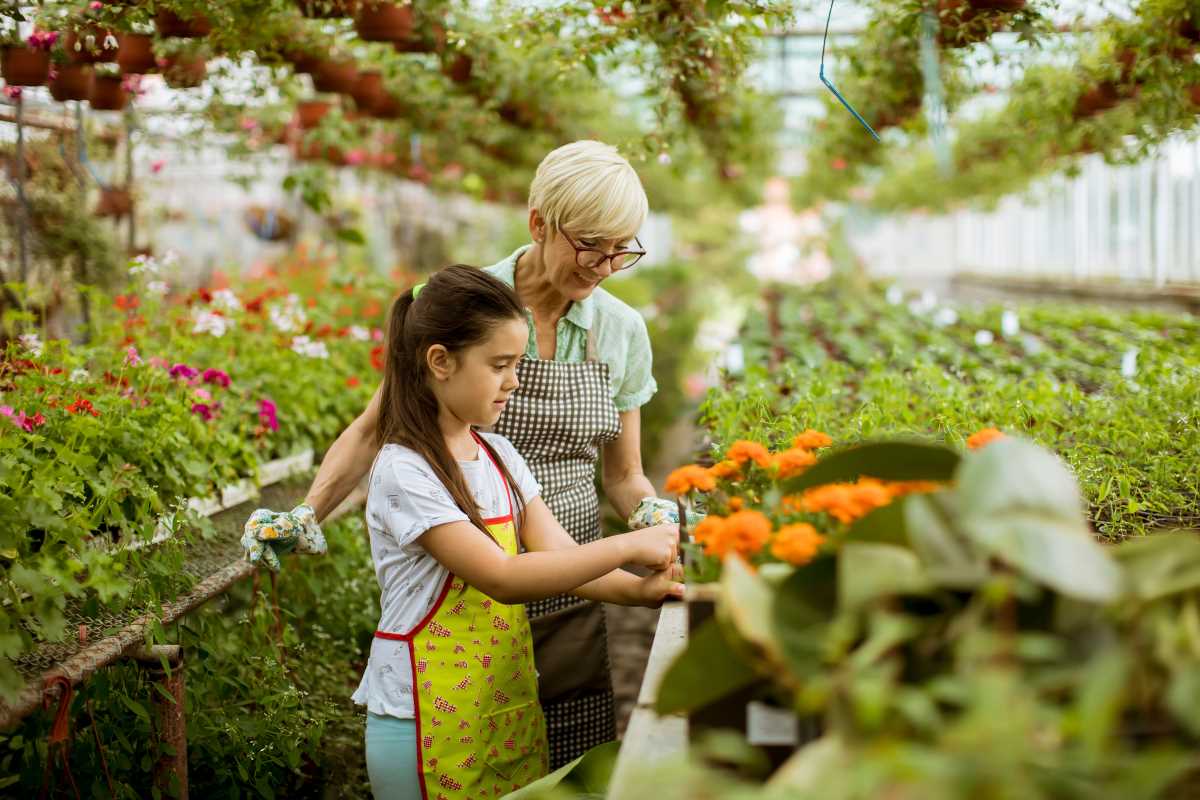Ever feel like the world is spinning a little too fast? In our hyper-connected, always-on society, finding moments of genuine peace can feel like searching for a rare bloom. But what if the answer to a calmer, happier mind was literally at your fingertips, waiting to be unearthed?
The Groundbreaking Science of Green Therapy
It's not just a quaint notion; the connection between gardening and mental well-being is backed by solid research. Studies from 2024 and 2025 have increasingly highlighted the significant benefits of engaging with nature through horticulture on our mental state. In fact, a 2025 study indicated that regular gardening and "outdoor mindfulness" practices can alleviate mild to moderate mental health conditions in as little as 12 weeks, with improvements comparable to short-term cognitive behavioral therapy. This growing body of evidence has led to initiatives like "green social prescribing," where healthcare professionals officially recommend nature-based activities, including gardening, as part of treatment plans.
- Tangible Results: A meta-analysis of randomized control trials on horticultural therapy, published in 2024, found a significant positive effect on mental health, boasting an effect size of 0.55. This means the benefits are not just anecdotal; they are measurable.
- Community Connection: Research from Michigan State University in August 2024 demonstrated that participating in community gardening boosts mental and social well-being. The act of caring for plants, connecting with nature, and achieving a sense of accomplishment were key factors, especially when gardening alongside others.
- Stress Reduction: The Royal Horticultural Society (RHS) reported in 2021 that individuals who garden daily experience well-being scores 6.6% higher and stress levels 4.2% lower than non-gardeners. This suggests that consistent engagement with plants offers a sustained buffer against daily pressures.
Why Our Brains Love Dirt
Experts are increasingly vocal about the profound impact of gardening. Professor Peter Coventry, a director of mental health at the University of York, emphasizes that it's not just about passively being in nature, but actively connecting with it. This hands-on engagement is crucial.
Melissa Schliker, a well-being support adviser, points to a fascinating biological link: the "brain on dirt" connection. Microorganisms in soil, particularly Mycobacterium vaccae, have been shown to boost immunity and can act as a natural antidepressant by increasing serotonin production in the brain. This neurotransmitter is directly linked to improved mood and happiness.
Jonathan Kingsley, a senior lecturer in health promotion, eloquently states that gardening helps "bring the pieces back together of what makes us human." Jill Litt, a senior researcher, describes it as a multisensory experience that can make people "feel alive, awakening in some way," and is "very therapeutic." This holistic engagement is what makes gardening so uniquely beneficial.
Gardens as Sanctuaries
The therapeutic power of gardening isn't confined to research labs; it's transforming lives.
- Green Social Prescribing in Action: A government-backed program in Humber and North Yorkshire, England, has seen patients referred to community gardening activities experience significant mental health improvements across all age groups.
- Hospitals Embrace Horticulture: The RHS Feel Good Garden, initially designed for the Chelsea Flower Show, found a permanent home at the Highgate Mental Health Centre in London. This initiative highlights the growing recognition of gardens as vital spaces for recovery and well-being within healthcare settings.
- Community Gardens as Antidotes: In 2025, community gardens are being recognized as crucial tools in combating the "loneliness epidemic." They provide a shared purpose, foster social bonds, and create supportive networks, turning strangers into neighbors through the shared act of cultivation.
Practical Steps to Cultivate Your Own Well-being
You don't need acres of land or a degree in botany to reap the mental health benefits of gardening. Here's how to get started:
- Start Small: A few houseplants, a windowsill herb garden, or a small container garden on a balcony can be incredibly rewarding. Low-maintenance options like snake plants or pothos are perfect for beginners.
- Embrace Mindfulness: Gardening naturally encourages you to be present. Focus on the textures of leaves, the scent of soil, and the gentle sounds of nature. Repetitive tasks like weeding can have a meditative effect, calming an overactive mind.
- Get Your Hands Dirty: Don't shy away from direct contact with soil. That beneficial Mycobacterium vaccae is waiting to give your mood a natural boost.
- Connect with Nature: Spending time outdoors provides natural light, which helps regulate sleep and boosts Vitamin D, both crucial for mood. Even looking at plants indoors can create a sense of calm.
- Cultivate Achievement: Watching a seed sprout or a flower bloom under your care fosters a powerful sense of accomplishment and boosts confidence.
- Consider Community: Joining a community garden offers social interaction, reduces isolation, and provides a shared sense of purpose.
- Create a Sensory Experience: Incorporate plants with varied textures, colors, and fragrances. Engaging all your senses can deepen your connection to the experience and enhance its therapeutic value.
- Integrate into Your Routine: Even a few minutes each day spent tending to your plants can provide immediate stress relief and a grounding effect.
Unique Insights for Deeper Well-being
- The Serotonin Connection: That feeling of calm after digging in the dirt? It's partly thanks to soil bacteria that can trigger serotonin release, acting as a natural mood enhancer.
- Evolutionary Echoes: The satisfaction of harvesting your own food might tap into our ancient hunter-gatherer instincts, triggering dopamine release and activating the brain's reward system.
- Cognitive Boost: Gardening isn't just relaxing; it sharpens your mind. Planning, remembering watering schedules, and identifying plants all engage memory, concentration, and problem-solving skills.
- Green Space Benefits: Even the simple act of looking at plants, whether indoors or out, has been linked to reduced anxiety, improved stress management, and even faster recovery from surgery.
- A Full-Body Workout: Gardening involves a diverse range of movements that improve cardiovascular health, strength, and flexibility, offering a holistic approach to physical and mental fitness.
- Nurturing Young Minds: For children, nature-based activities like gardening are showing promise in developing crucial emotion regulation skills and fostering a stronger connection to the natural world.
 (Image via
(Image via





